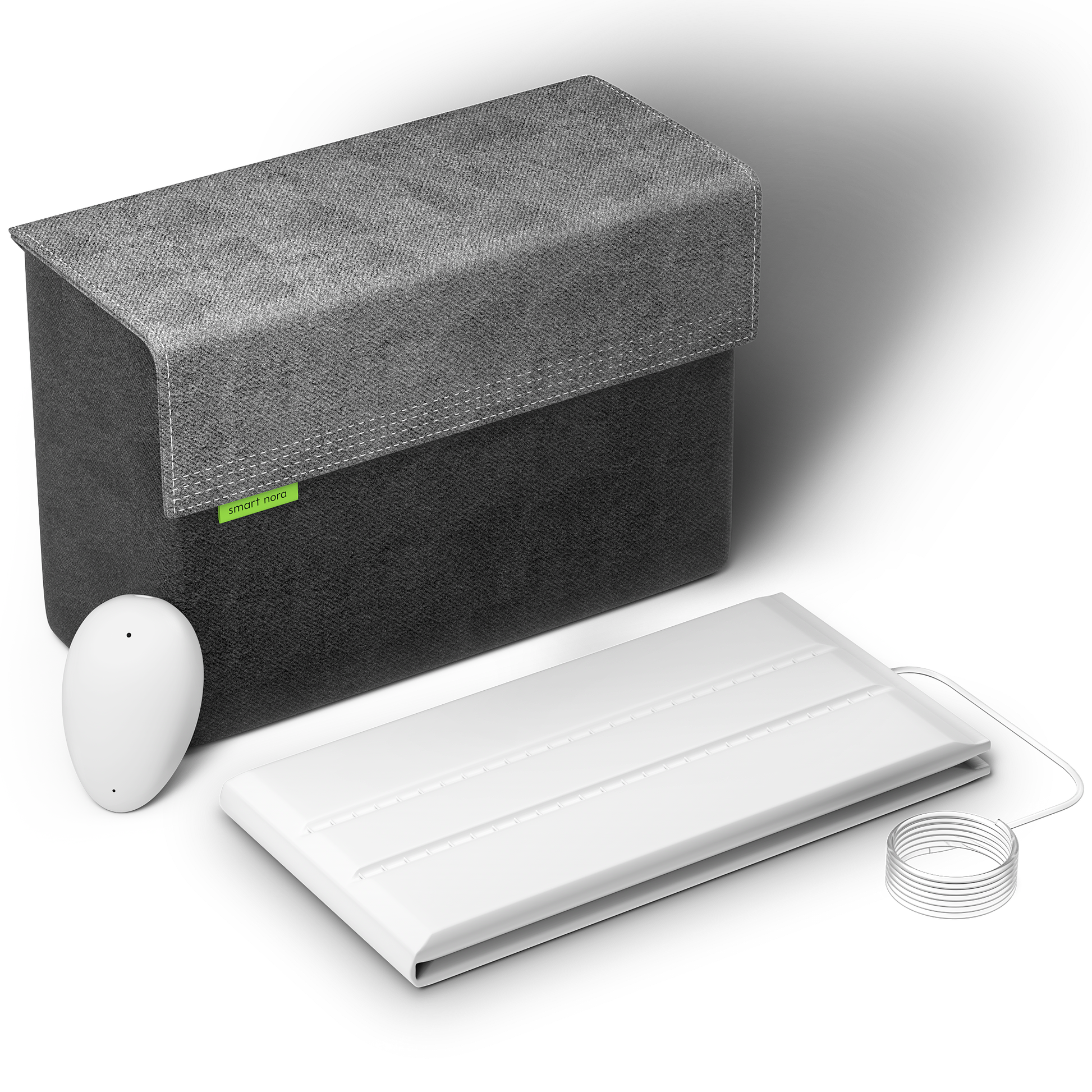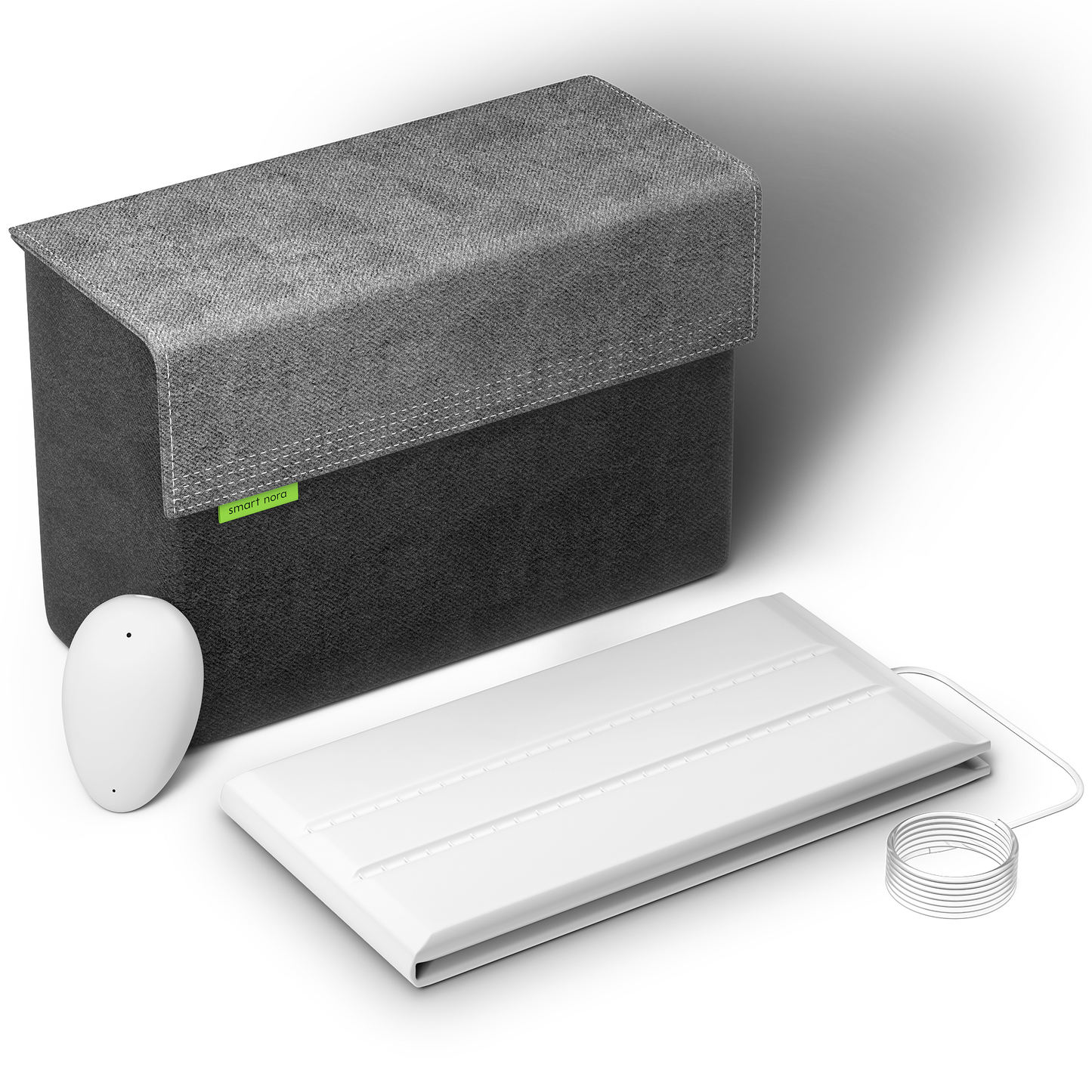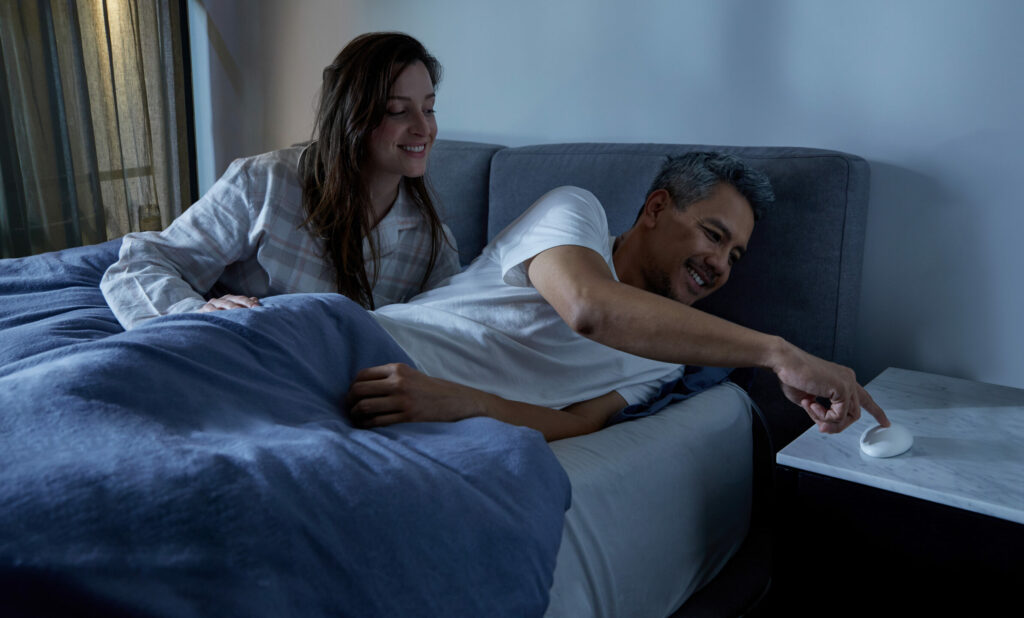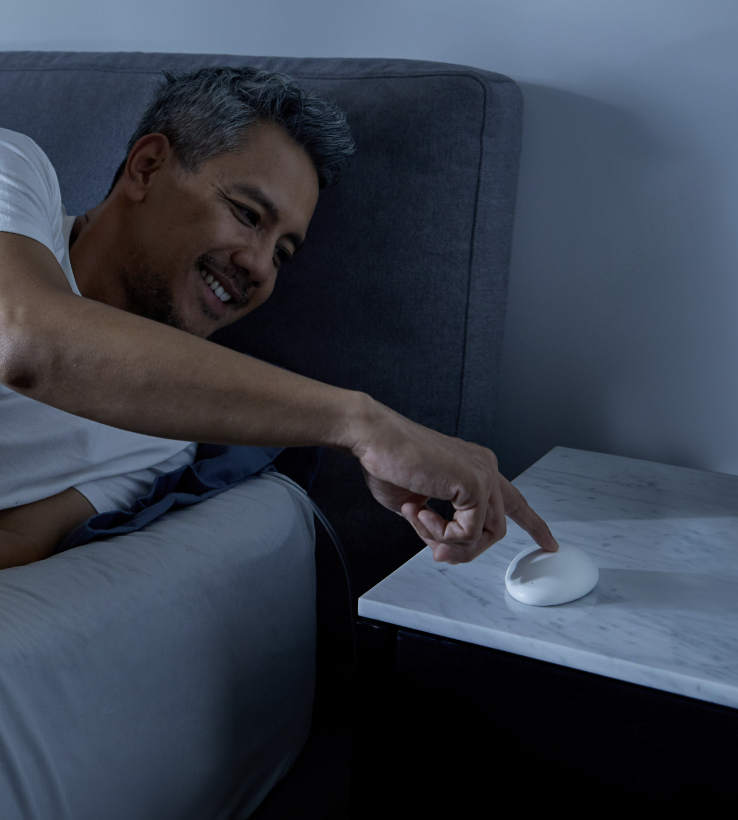If you think that only sleep deprivation affects your health and that sleeping for eight hours is just a chore, think again! It is believed that sleep and general health are related, and to maintain a healthy lifestyle, you must sleep and eat well, and exercise regularly. But why is sleep a part of this equation? Why is it so important?
For one, various health issues, ranging from increased blood pressure to a higher risk of obesity, are attributed to sleep deprivation. Sleep deprivation is when we sleep less than the advised seven to nine hours every night. Our body and the brain recover while we sleep, which is why we wake up feeling rested and alert if we get a decent night’s sleep.
Even after knowing that most individuals require at least seven hours of sleep per night, more than one-third of American adults claim they don’t get that much sleep.
Before getting more into the effects of sleep deprivation or excessive sleep on your health, let us first understand why sleep is essential and the benefits of getting the recommended amount.
Benefits of Getting Sufficient Sleep
Yes, sleeping for eight hours is important, but it does not help you in silos. Getting consistent, high-quality sleep to wake up feeling rested is also crucial. But, what does getting the recommended amount of sleep every night actually do for you? Let’s find out:
- Boost the Immune System: Your immune system’s cells and enzymes get the rest they require to combat whatever comes their way, such as colds or the flu, when your body is getting the sleep it needs. The well-rested sleep experts also assert that getting enough sleep might boost the effectiveness of immunization, which is undoubtedly a good thing.
- Increased Productivity: Who do we impress when we burn the midnight oil? Pulling all-nighters might make you feel good about yourself at the moment, but really, the next day, you are going to feel crappy, and you know it. Sleep has been connected to increased cognitive performance and better concentration, which would help you succeed at work.
- Lower Risk of Cancer: You may be surprised to learn that people working the night shift are more likely to get breast and colon cancer. Melatonin levels are thought to be reduced by light exposure. Melatonin, a hormone that controls sleep-wake cycles, may help prevent cancer since it seems to slow the growth of tumors.
- Help Body Repair Itself: Our body actively mends damage brought on by stress, UV light, and other toxic exposures while we sleep. Our body cells make protein while we sleep, and these molecules give cells the ability to repair harm. You are preventing that by not getting sufficient sleep.
Effects of Oversleeping on Your Health
When it comes to sleep, is too much of it an issue? Yes, too much of anything is a problem. Getting a good night’s sleep is indeed essential for health. Still, excessive sleeping has been connected to several health issues, including diabetes, heart attacks, and a higher chance of death. Here are some other ways that excessive sleep can have an effect on your health:
- Migraine: When sleeping more than usual during the weekend or while on vacation, some people may experience head pain. According to researchers, this is because excess sleep impacts some brain chemicals, such as serotonin, which makes you sad and sleepy. People who sleep excessively during the day and disturb their sleep at night may also experience headaches in the morning.
- Back Pains: Too little movement or too much time spent in bed can cause or worsen back pain. Back pains can also worsen if you sleep in an uncomfortable position or on an unsupportive mattress. When coupled with staying stationary for an extended period, these factors cause many people to have worse back pain while awake, especially while spending more extended periods in bed.
- Higher Risk of Strokes: According to a study, sleeping longer than eight hours daily may increase your stroke risk. After correcting for several variables, such as age and sex, researchers discovered that individuals who slept for more than eight hours a day had a 46% higher stroke risk than the general population.
Effects of Sleep Deprivation on Your Health
You’ve tossed and turned all night, you know how you’ll feel the next day, right? Exhausted, irritable, and disorganized. But getting less sleep than the seven to nine hours has consequences beyond just making you tired and cranky; it depletes your mental resources and seriously jeopardizes your physical health.
Here are some of the ways that sleep deprivation affects your health:
- Obesity: You might lose if you don’t get adequate sleep when it comes to your body weight. Insufficient sleep appears to be linked to increased hunger and appetite, as well as obesity. It decreases the body’s glucose tolerance and is related to insulin resistance, which can cause obesity and diabetes mellitus. According to research, those who sleep seven to nine hours a night had a nearly 30% lower risk of obesity than those who slept fewer than six hours a day.
- Lower Immunity: While we sleep, our immune system creates antibodies and cytokines, which are protective, infection-fighting molecules. These compounds help us fight against outside invaders like viruses and bacteria. Lack of sleep weakens your immune system, affecting your body’s ability to fight off intruders and your ability to recover from illnesses.
- Skin Aging: You must have experienced puffy eyes and a sallow complexion after going a couple of nights without sleep. But it turns out that effect can be permanent – regular sleep deprivation can cause fine wrinkles, dull skin, and dark circles under your eyes. Your body produces more cortisol (the stress hormone) when you don’t get enough sleep. Too much cortisol can break down the protein that maintains skin elasticity and smoothness, collagen.
- Hypertension: There are chances you can get hypertension if you sleep fewer than five hours every night. Lack of sleep can exacerbate the negative consequences of stress on the body since sleep supports our body’s control of the hormones that create stress. Chronic sleep loss has been linked to elevated blood pressure, a faster heartbeat, and inflammation, all of which burdens the heart.
Are You Sleeping for Eight Hours Tonight?
For better quality and quantity of sleep, you should try getting some physical movement in your routine, increase your exposure to natural light, practice good sleep hygiene, and most of all, be consistent. Now that you know the positive impacts of enough sleep on your health and the adverse effects of sleep deprivation, ensure you get to hit the sack on time every night and not get up until it’s been at least eight hours.
If your sleep problems arise from a snoring partner, invest in an excellent anti-snoring device like Smart Nora. It is a smart snoring solution that adjusts the snorer’s pillow as soon as it detects any snoring sounds, letting you sleep peacefully.














